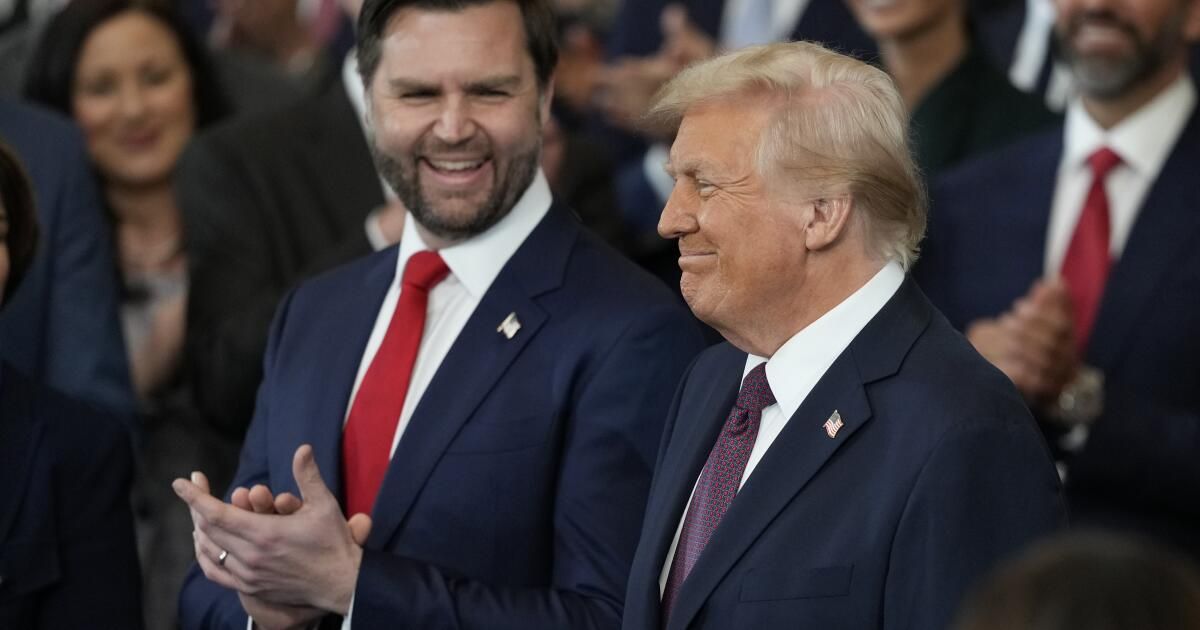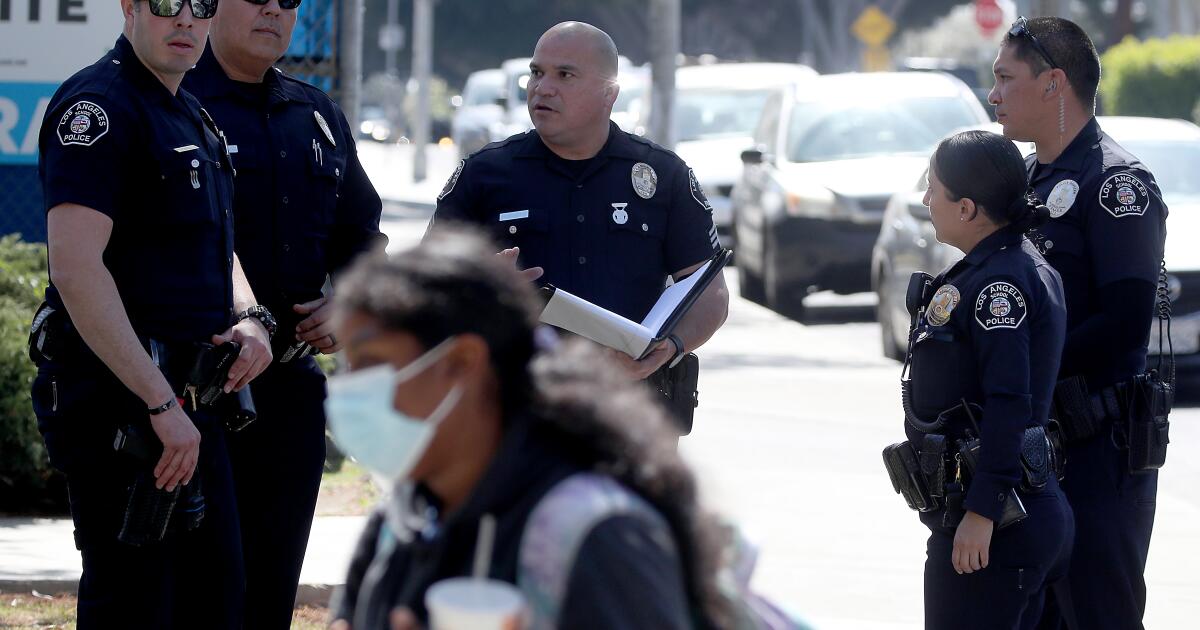As a second Trump administration dawns (or, for its opponents, descends) upon the United States, an interesting and unusual discussion has emerged about the broader meaning of Trump's victory. One thing that makes it unusual is that there is more consensus than disagreement on the fundamental point: there has been a significant “change of vibe” in American politics.
That's not how things usually work. Each victorious party claims a “new era” of some kind, but the losing side usually dissents. This is because, historically, ideologues and activists are confident enough (and committed) to their views to insist that any simple electoral defeat was a fluke or something exceptional: flawed candidates, flawed campaigns, economic conditions, whatever. “Our ideas are not the problem, we just nominated the wrong candidate” has long been the traditional ideological, psychological and political safe harbor for losers.
Not that the 2024 elections don't offer plenty of material for such interpretations. Trump's victory was modest. Your electoral college margin ranks 44th out of 60 contests. He won the popular vote by 1.5 points. This was not a landslide victory. Kamala Harris, far from being an ideal candidate, had little time to put together a campaign. Joe Biden was perennially unpopular and physically unfit for office. Inflation is a political cancer for any ruler. And we heard all of this during the traditional phase of recriminations immediately after the elections.
But the conversation about changing the vibe is about something more fundamental than pointing fingers. Trump's “cultural victory” seems “tectonic” in the words by New York Times columnist Ezra Klein. He suggests four factors that explain why this might be so: the right has the advantage on social media, corporations are looking for an opportunity to return to the center after lurching to the left, Trump is benefiting from a backlash against the supposedly feminized culture and Joe Biden allowed Trump to remain in the spotlight during his own presidency.
Basically, I'm not opposed to any of these partial explanations, but they don't fully capture what's happening or why progressives are willing to accept that something more fundamental has changed. For example, another important factor is that MAGA is part of a larger global phenomenon. Populism and nationalism have been on the rise in Europe, Latin America and India. History is often marked by such moments (for example, student protest movements broke out around the world in the 1960s). The trends that have shaped American politics – the global financial crisis, mass immigration, COVID, inflation – were not contained within our borders.
But I think the most important driver of the change in vibe is that Trump and Trumpism have shattered an almost metaphysical consensus on politics, on both the right and the left.
Pre-Trump American conservatism was dedicated to a few fundamental propositions: limited government, cultural traditionalism, anti-abortion politics, fiscal rectitude, and free-market economics. Now, I'm the first to admit that the right often fell short of its ideals, but showing rhetorical loyalty to ideals was the binding firmament of conservatism. Those commitments still get some lip service, but there's no denying that on all these fronts, loyalty to Trump is the most pressing litmus test. This has freed Trump to move to the left on abortion, welfare benefits, and economic policy in general.
As damaging as I think it was to conservatism, Trump's victory may be more damaging to the left. Because Trump not only destroyed the right-wing consensus, but he destroyed the political consensus in general. Or maybe social media and those other trends were the battering rams and Trump simply benefited from the new landscape.
Either way, the fact is that the fundamental assumptions about how politics “works,” and the rules about what a politician can or cannot do, no longer seem operational. We all know how their behavior has shown this, but it is also evident that the electorate itself is simply different today. FDR's coalition is gone, the white working class is now operationally conservative, and Republicans now consider the Latino and black working classes accessible. The assumption that they are “natural democrats” was eliminated in this election. Republicans have figured out how to talk to those voters.
Meanwhile, progressives who grew up knowing only the language of FDR-era class politics or post-Civil Rights era racial and feminist discourse have found large numbers of voters: his voters — I don't want to hear it anymore. That disorienting feeling, that sense that history, demographics, or the “moral arc of the universe” might no longer lean in our direction, is what some call a “vibe shift.”
@JonahDispatch












